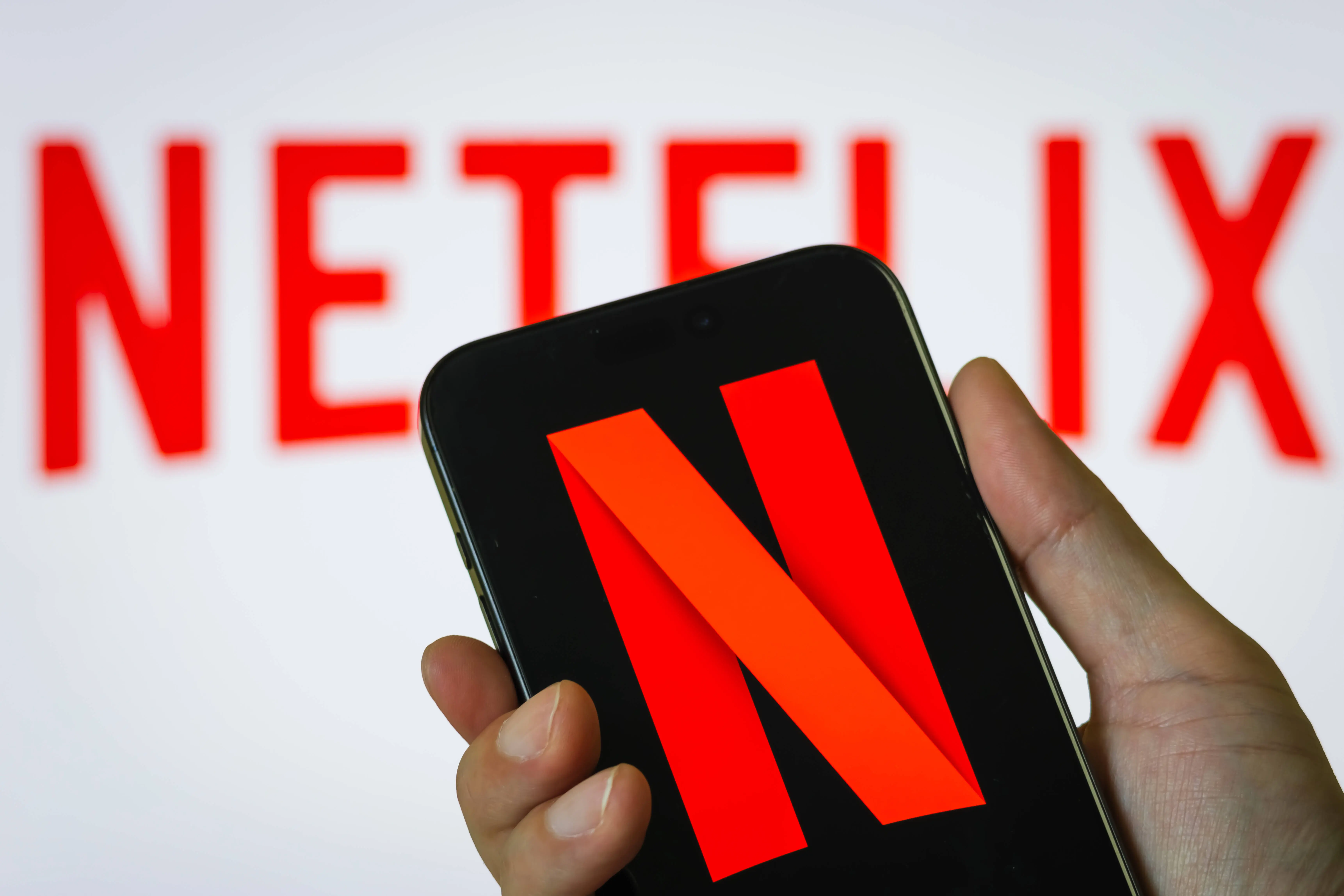Love Is Blind season 7 contestant Stephen files a class action against Netflix over wages and working conditions
-
 Love Is Blind on Netflix (Image via Getty)
Love Is Blind on Netflix (Image via Getty)Love Is Blind is once again facing scrutiny after one of its contestants, Stephen Richardson from season 7, filed a class action lawsuit against Netflix and the show’s producers.
According to a report by Variety on September 16, 2025, Richardson alleges that he and other cast members were denied fair wages and subjected to “inhumane working conditions.”
The complaint, filed in California superior court, names Netflix, Kinetic Content, and Delirium TV as defendants.
The lawsuit claims that participants were “misclassified” as independent contractors despite the production exercising “excessive control over the manner, means and timing” of their activities.
Richardson argues that this should have entitled contestants to protections under California labor law, including minimum wage and overtime pay. The filing also accuses the show of maintaining “unsafe” conditions by cutting off communication with the outside world and “exerting complete domination” over contestants’ time.
The case seeks unspecified damages and aims to represent not only Love Is Blind contestants but also individuals from other reality television productions. Netflix and Kinetic Content have not responded publicly.
The lawsuit follows earlier legal challenges by former contestant Renee Poche, highlighting growing debate over how reality stars are treated behind the cameras.
Love Is Blind season 7 star Stephen Richardson cites misclassification and unsafe working conditions
Richardson’s suit claims that Love Is Blind producers wrongly classified contestants as independent contractors. He argues that the production’s level of control over cast members made them employees under California law.
The filing highlights restrictions such as limited outside communication and mandatory participation in scheduled filming, which Richardson described as “complete domination over their time.”
The lawsuit states that this misclassification deprived contestants of minimum wage, overtime pay, and workplace protections.
Richardson said the conditions created an unsafe environment, citing examples where cast members had little ability to step away or contact family. The filing also mentions that contestants were required to sign strict nondisclosure agreements.
These NDAs included financial penalties for breaches, with Richardson noting an amount of roughly $97,529.77. He said this created an atmosphere where cast members feared speaking out about what they experienced.
The complaint seeks class action status for other Love Is Blind contestants within the last four years, as well as those who participated in similar reality shows produced by Kinetic or Delirium TV.
Lawsuit follows earlier case by Renee Poche over emotional distress in Love Is Blind
Richardson’s legal filing is not the first to raise concerns about working conditions on Love Is Blind. In 2024, contestant Renee Poche also took legal action, accusing the show’s producers of intentional infliction of emotional distress and labor code violations.
Arbitration was initiated against her, with producers seeking $4 million for allegedly breaking her NDA.
Poche told Variety in January 2024,
“I believe Delirium is trying to silence the abuse that occurs behind the cameras and ruin me for telling the truth.”
She explained that she felt compelled to make her experiences public so others would know “what all of the castmates had to endure.”
Richardson’s lawsuit echoes these concerns, adding momentum to the broader discussion around reality TV labor practices.
Industry critics have long argued that unscripted television profits from vulnerable participants without offering fair compensation or support. With this new filing, questions are once again being raised about the balance between entertainment value and workplace protections.
______________________________________________
Stay tuned for more updates.TOPICS: Love Is Blind, Netflix, Lawsuit, Reality TV
- "I'm so sick of arguing": Love Is Blind: Italy star Ludovica opens up to Davide about revisiting the same issues
- Love Is Blind’s Ali Lima speaks out on claims she’s had plastic surgery done
- Love Is Blind’s Edmond says “the edits” made Joe look different from who he really is
- "I definitely notice it": Love Is Blind fame Edmond Harvey on online criticism from fans of the show